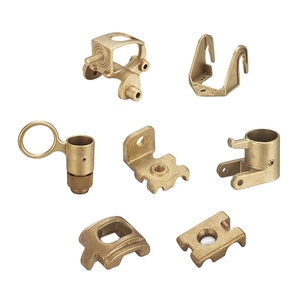
Fabriek Metalen Onderdelen Gieten Koper Casting Smeden Massief Messing Gieterijen Service
₩ 1.391 - ₩ 13.901
Min Order: 200 stukken
CNSupplier


18 Jaar Custom Metalen Messing Gieterijen, Brons Casting & Smeden Service
₩ 4.866
Min Order: 100 stukken
CNSupplier

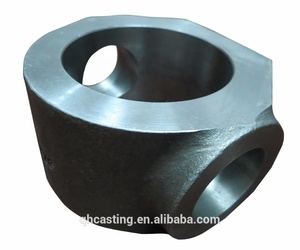
Molding Ontwerp Railway Investering Casting Gieterij
₩ 22.242 - ₩ 23.145
Min Order: 100 stukken
CNSupplier


Groen Zand Gietijzer Gietmachine 1mt Capaciteit Flatloze Automatische Gietlijn Gietijzer Gieterij Machines En Uitrusting
₩ 17.375.988
Min Order: 1 set
CNSupplier
2 yrs


Investering casting metalen fabriek voor mijnbouw machines
₩ 11.469 - ₩ 12.164
Min Order: 100 stukken
CNSupplier

gieterij machine onderdelengieterij machines en reserveonderdelengieterij machines reserveonderdelen ltdgieterij machines en reserveonderdelen ltdgieterij machines deelgieterij productie machinesmachines accessoires casting gieterijgieterij metaal gietmachinesgieterij machine smelt kopergieterij reserveonderdelengieterij productie gietende onderdelengieterij machines gietijzergieterij machines leveranciergietgieterij machinecnc machinale bewerkingsmachines onderdelen
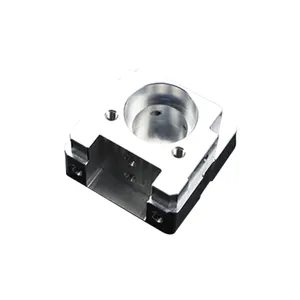
Oem Precisie Machine Fabricage Service Aluminium Metaalbewerking Verwerking Reserve
₩ 7.646 - ₩ 11.121
Min Order: 5 stukken
CNSupplier

Industriële Smeltoven Voor Aluminium Ingots Casting Aluminium Gieterij Schroot
₩ 15.263.068
Min Order: 1 set
CNSupplier
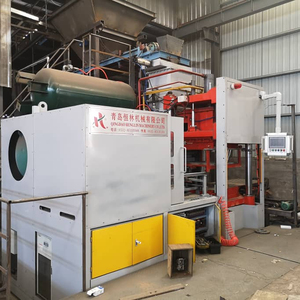
2019 beste prijs automatische horizontale flaskless molding lijn, gieterij molding machine
₩ 16.124.917
Min Order: 1 set
CNSupplier
9 yrs
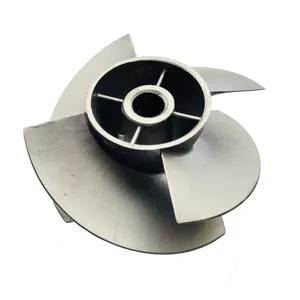
Oem Gieterij Precisie Investering Verloren Wasgietonderdelen Fabricage Service Turbine Turbo Waaier Voor Reserveonderdelen
₩ 3.615 - ₩ 4.449
Min Order: 25 stukken
CNSupplier
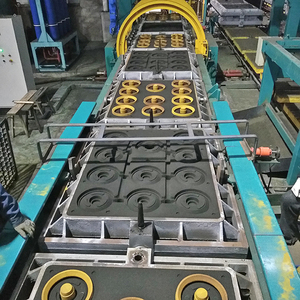
China Automatische Metalen Casting Machine Zand Casting Apparatuur Fles Molding Machine
₩ 13.900.790
Min Order: 1 set
CNSupplier
5 yrs
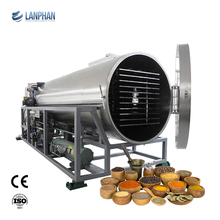
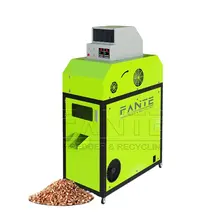
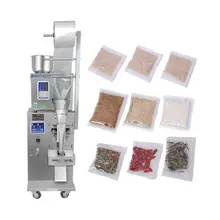


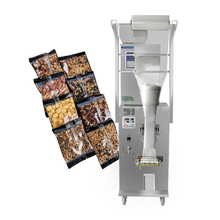

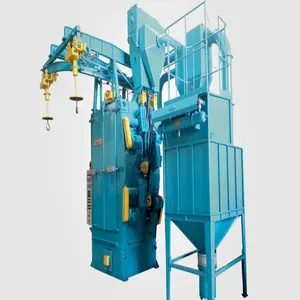

























 浙公网安备 33010002000092号
浙公网安备 33010002000092号 浙B2-20120091-4
浙B2-20120091-4